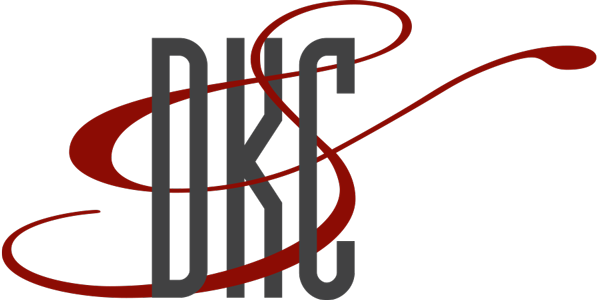New IRS Guidance Clarifies Deductibility of Business Meals and Entertainment Expenses
As part of the Tax Cuts and Jobs Acts (TCJA), the Internal Revenue Service (IRS) issued guidance on the business expense deduction for meals and entertainment following tax law changes that took effect January 1, 2018:
50% Deductible
• Meal expenses for business meetings of employees, stockholders, agents, and directors. Office meetings and partner meetings fall into this category.
• Business Travel Meals.
• Meals at a convention, seminar, or any type of meeting even if the meal cost is not separately stated from the cost of the event.
• Meals with people related to the business such as clients, customers and vendors provided that there is a business purpose or some benefit to the business will result, the taxpayer is present, and the amount is not lavish or extravagant.
• Meals provided on the employer’s premises to more than half of the employees for the convenience of the employer, and meals provided occasionally to employees or to employees to enable them to work late, work weekends, or otherwise work overtime.
• Office Snacks – coffee, soft drinks, bottled water, donuts and similar snacks or beverages provided to employees on the business premises.
• Meals provided as part of a package involving a charitable sports ticket.
• For food and beverages provided during or at an entertainment activity, they must be purchased separately from the entertainment, or the cost of the food and beverages must be stated separately from the cost of the entertainment on one or more bills, invoices, or receipts.
100% Deductible
• Meal expenses for a company picnic or holiday party.
• Food made available to the public for free – usually as part of a promotional campaign.
• If the meals expense is included as taxable compensation to the employee or independent contractor and included on the W-2 or Form 1099, then the expense is fully deductible to the employer.
Nondeductible Items
• Entertainment, including sporting events, concerts, etc.
• Lunch with customer, client or employee without a business purpose/discussion.
• Club dues; for example, country clubs, golf and athletic clubs
• Lavish or extravagant entertainment expenses
Businesses must continue to account for meals and entertainment expenses by classification in order to apply the appropriate limitation. Documentation is still required to verify:
• The amount of the expenditure
• The time, date and place of the expenditure
• The purpose of the business discussion and the identification of those who participated
If you have any questions about the above, please reach out to your representative at DKC for further clarification.



